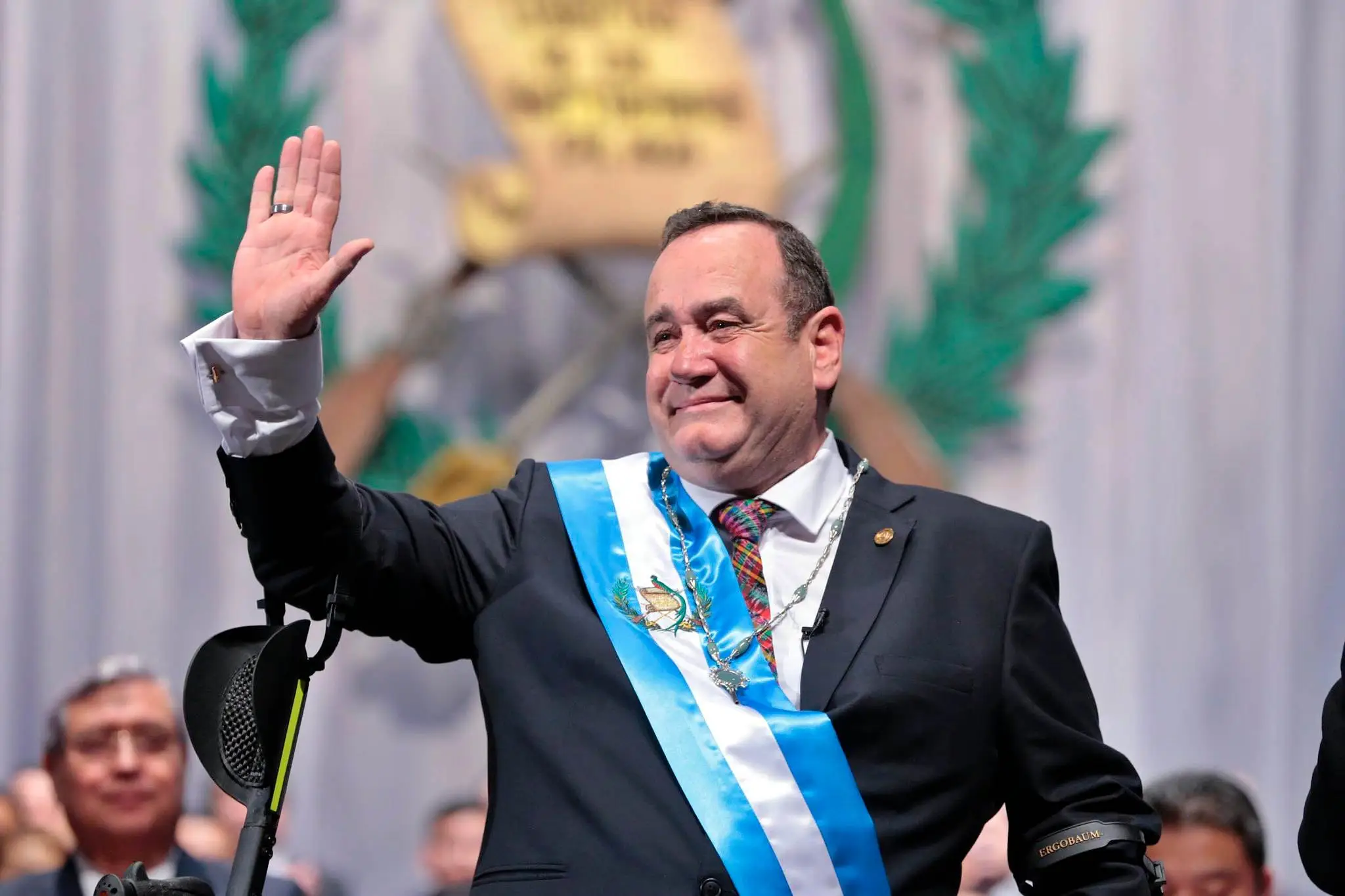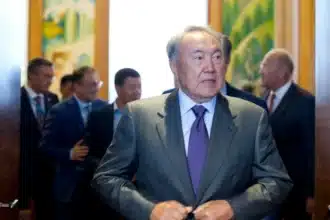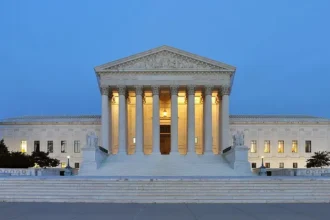The 2010 Supreme Court decision in Citizens United v. FEC represents a watershed moment in American political finance, profoundly transforming the landscape of campaign contributions and electoral influence. By eliminating restrictions on corporate and union spending in political campaigns, this landmark ruling facilitated a surge in contributions from wealthy donors and the proliferation of “dark money.” These developments have significantly impacted the democratic process, raising serious concerns about transparency and accountability.
This article explores the complex repercussions of Citizens United, focusing on the enhanced role of wealthy donors and the pervasive influence of dark money in U.S. politics. It highlights how these financial dynamics skew political representation and policy outcomes in favor of affluent interests. Additionally, the article emphasizes the necessity for citizens to develop rhetorical competence and media literacy to effectively recognize and counteract these influences.
Research indicates that the share of total electoral contributions from the top 1% of donors increased by nearly threefold post-Citizens United.
Understanding the origins, mechanisms, and implications of these financial flows is crucial for citizens navigating the intricacies of modern political finance. Such knowledge is vital for preserving democratic integrity and ensuring a fair and transparent political process. This analysis aims to illuminate current challenges and advocate for an informed and engaged citizenry to uphold democratic principles.
Wealthy Donors and Political Influence
The Citizens United decision has substantially amplified the power of wealthy donors in American politics. Research indicates that the share of total electoral contributions from the top 1% of donors increased by nearly threefold post-Citizens United. This surge in funding has resulted in a discernible shift in legislative behavior, with politicians increasingly prioritizing the preferences of affluent constituents while marginalizing the interests of less affluent voters. This trend is particularly evident in policy areas where the priorities of the wealthy starkly contrast with those of the general populace, such as tax legislation and financial regulation.
Without transparency, voters are left uninformed about who finances political campaigns and initiatives.
The influence of wealthy donors on political outcomes is multifaceted. Substantial financial contributions from these individuals allow them to exert considerable sway over elections and policy decisions.
This dynamic incentivizes political candidates and elected officials to align their legislative agendas with the interests of their major donors, often at the expense of the broader electorate. Consequently, policy outcomes frequently favor those with the financial means to significantly contribute to political campaigns, exacerbating social and economic inequalities.
Moreover, the disproportionate influence of wealthy donors can stifle political competition and innovation. Candidates without access to substantial financial resources may struggle to compete effectively, limiting the diversity of perspectives and ideas in the political arena. This concentration of political power among a small, affluent segment of the population diminishes the overall quality of democratic governance, as policies are shaped by a narrow set of interests rather than the collective will of the citizenry.
Addressing the influence of wealthy donors requires comprehensive campaign finance reform. Implementing measures such as public financing of campaigns, stricter limits on individual contributions, and enhanced transparency in political donations could help level the playing field. By reducing politicians’ dependency on wealthy donors, these reforms could restore a more balanced and equitable system of political representation.
Dark Money
Dark money refers to political spending by nonprofit organizations that are not required to disclose their donors. Post-Citizens United, the surge in dark money has raised ethical concerns and posed significant threats to democratic integrity. Dark money allows for anonymous influence on elections, enabling wealthy individuals and corporations to shape policy and sway public opinion without accountability.
This lack of transparency prevents voters from fully understanding who is behind political messages, significantly altering election outcomes. The secrecy surrounding dark money also complicates efforts to hold individuals and organizations accountable for their political actions, further entrenching the influence of wealthy donors in the political system.
Dark money undermines the democratic ideal of equal voice and opportunity for all citizens to participate in the political process.
The implications of dark money are profound. Without transparency, voters are left uninformed about who finances political campaigns and initiatives. This anonymity allows hidden agendas to influence policy decisions, often favoring the interests of the wealthy over the needs of the general public. Consequently, dark money undermines the democratic ideal of equal voice and opportunity for all citizens to participate in the political process.
Additionally, the lack of accountability associated with dark money fosters an environment conducive to corruption and unethical behavior. Political actors can promote specific agendas without fear of public backlash or legal repercussions, knowing their financial backers remain concealed. This dynamic often results in policy decisions that do not reflect the will of the people but serve the interests of a select few capable of funding undisclosed contributions.
Addressing the challenges posed by dark money necessitates robust legislative reforms aimed at increasing transparency and accountability in political financing. Implementing stricter disclosure requirements for all political contributions, regardless of the entity making the donation, would ensure voters are fully informed about who is behind political campaigns and advertisements. Additionally, enhancing enforcement mechanisms to penalize those who violate disclosure rules would help deter the misuse of dark money in politics.

Ethical Concerns of Dark Money
Dark money raises several ethical concerns that impact the democratic process. Firstly, dark money groups heavily invest in political advertisements that often contain negative and misleading information. These ads significantly influence voter perceptions and election outcomes, especially when the true source of funding remains undisclosed. Anonymity allows for more aggressive and deceitful tactics, as donors are shielded from public scrutiny and backlash.
Dark money can be used to fund campaigns against social initiatives, such as environmental protection efforts.
Moreover, the anonymity provided by dark money enables corporations to support policies and candidates that align with their interests, often at the expense of broader public welfare. This lack of transparency undermines democratic accountability, as voters remain unaware of the true motivations behind certain political agendas. Consequently, corporate interests can disproportionately influence policy decisions that favor economic gain over public good.
Additionally, dark money can be used to fund campaigns against social initiatives, such as environmental protection efforts, by spreading misinformation and supporting candidates who oppose these causes. This not only skews public perception but also hinders progress on important social and environmental issues, as voices advocating for change are drowned out by well-funded opposition. The suppression of social causes through dark money campaigns highlights the profound ethical implications of undisclosed political spending.
Legislative and Regulatory Solutions
Efforts to counteract the influence of dark money have included various legislative proposals aimed at increasing transparency and accountability in campaign finance. One notable example is the Disclose Act, which seeks to mandate the disclosure of significant donors to super PACs and dark money groups. Despite numerous attempts to pass such legislation, these measures have consistently faced strong opposition and have yet to be enacted. Advocacy for tighter regulations by the Federal Election Commission (FEC) and other public policy reforms remains critical in this context.
Increased transparency would expose the true sources of political influence and reduce the potential for undisclosed, unlimited spending to distort the democratic process.
These legislative measures aim to ensure that voters have access to information about who funds political campaigns, enabling them to make more informed decisions. Increased transparency would expose the true sources of political influence and reduce the potential for undisclosed, unlimited spending to distort the democratic process. However, the legislative process can be slow and contentious, with significant resistance from those who benefit from the current system of opaque campaign financing.
This persistent opposition underscores the importance of ongoing public pressure and advocacy. Citizens and reform groups must continue to push for comprehensive campaign finance reform and hold lawmakers accountable for supporting transparency and accountability in the political system. Without such reforms, the pervasive influence of dark money will continue to undermine the integrity of American democracy.
Rhetorical Competence and Media Literacy
In the absence of comprehensive legislative solutions, enhancing individual rhetorical competence and media literacy becomes essential. Citizens must develop the ability to critically analyze political messages, recognize biased or misleading information, and understand the motivations behind political advertisements. Education programs that focus on these skills can empower voters to make more informed decisions and reduce the impact of dark money on their perceptions and choices.
Fostering critical thinking and analytical skills enables individuals to better navigate the landscape of political information and resist manipulative tactics. This proactive approach is crucial in a media-saturated environment where misinformation can easily sway public opinion.
More Reads
Moreover, developing rhetorical competence allows individuals to dissect and understand the underlying strategies and intentions in political communications. Recognizing rhetorical devices, logical fallacies, and emotional appeals enhances one’s ability to discern the credibility and reliability of information. Media literacy education provides the tools necessary to identify and counteract fake news, propaganda, and other forms of media manipulation.
Incorporating these educational initiatives into school curricula and community programs can cultivate a more informed and discerning electorate. As a result, citizens will be less susceptible to the influence of dark money and more capable of making decisions based on factual and unbiased information.
Relevance of Citizens United in Upcoming US Elections
As the United States gears up for the next round of elections, the ramifications of the Citizens United decision are poised to play a significant role. With the relaxation of restrictions on corporate and union spending, the upcoming elections are expected to witness a surge in campaign expenditures, heavily influenced by wealthy donors and dark money. This influx of financial power can profoundly affect the electoral landscape, tilting the scales in favor of those with substantial resources.
The heightened presence of dark money in political campaigns can obscure the origins of funding, making it difficult for voters to understand who is behind various political messages. This opacity can lead to a less informed electorate, potentially skewing election outcomes in ways that do not necessarily reflect the collective will of the people. Moreover, the increased financial clout of wealthy donors may lead to a disproportionate focus on issues that align with their interests, marginalizing broader public concerns.
The stakes are particularly high in the upcoming elections, where pivotal decisions on policies and leadership will shape the nation’s future. The influence of dark money and substantial campaign contributions underscores the urgency for voters to be more discerning and critical of the information presented to them. It also highlights the pressing need for reforms that can restore transparency and fairness to the electoral process.
In the context of these elections, the legacy of Citizens United is a practical challenge that will impact voter engagement and trust in the democratic process. The effectiveness of legislative efforts to curb dark money, the role of media in exposing or concealing financial influences, and the capacity of citizens to critically evaluate political communications will all be crucial in determining the integrity of the electoral outcomes.








